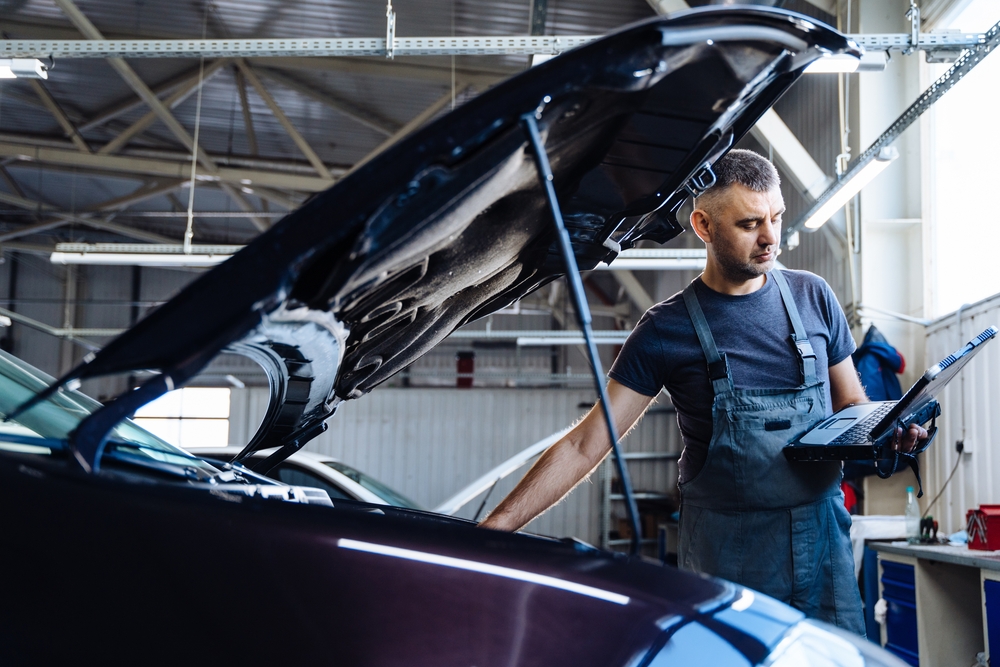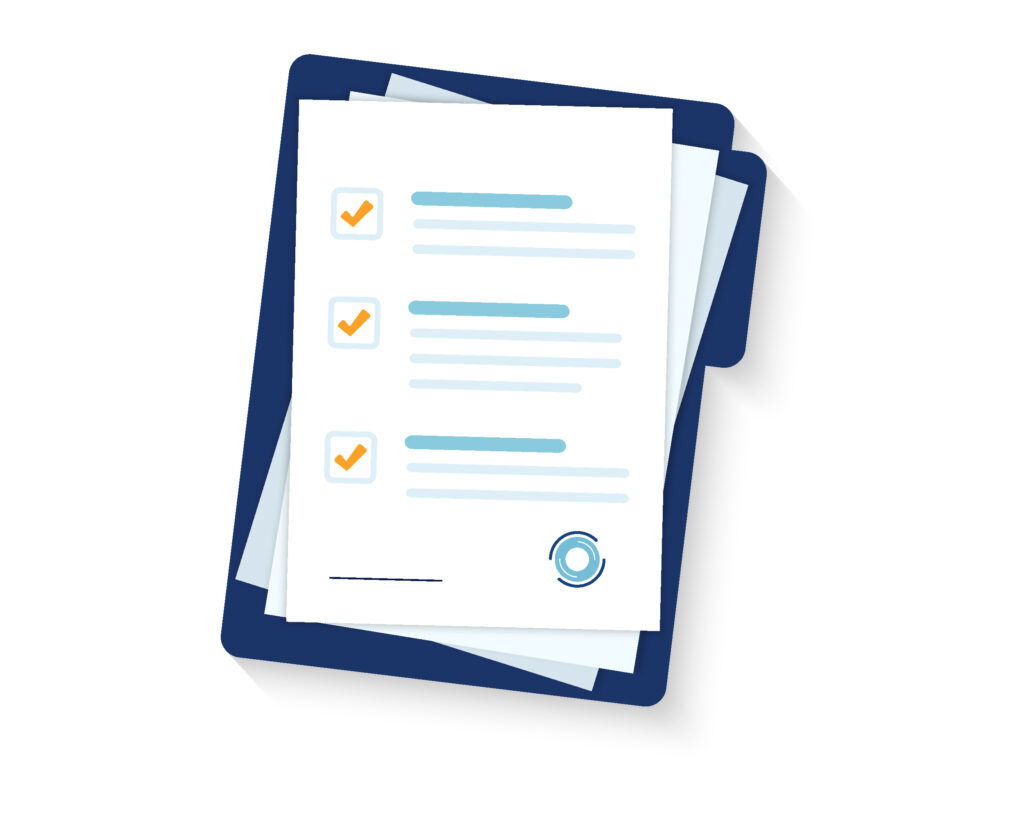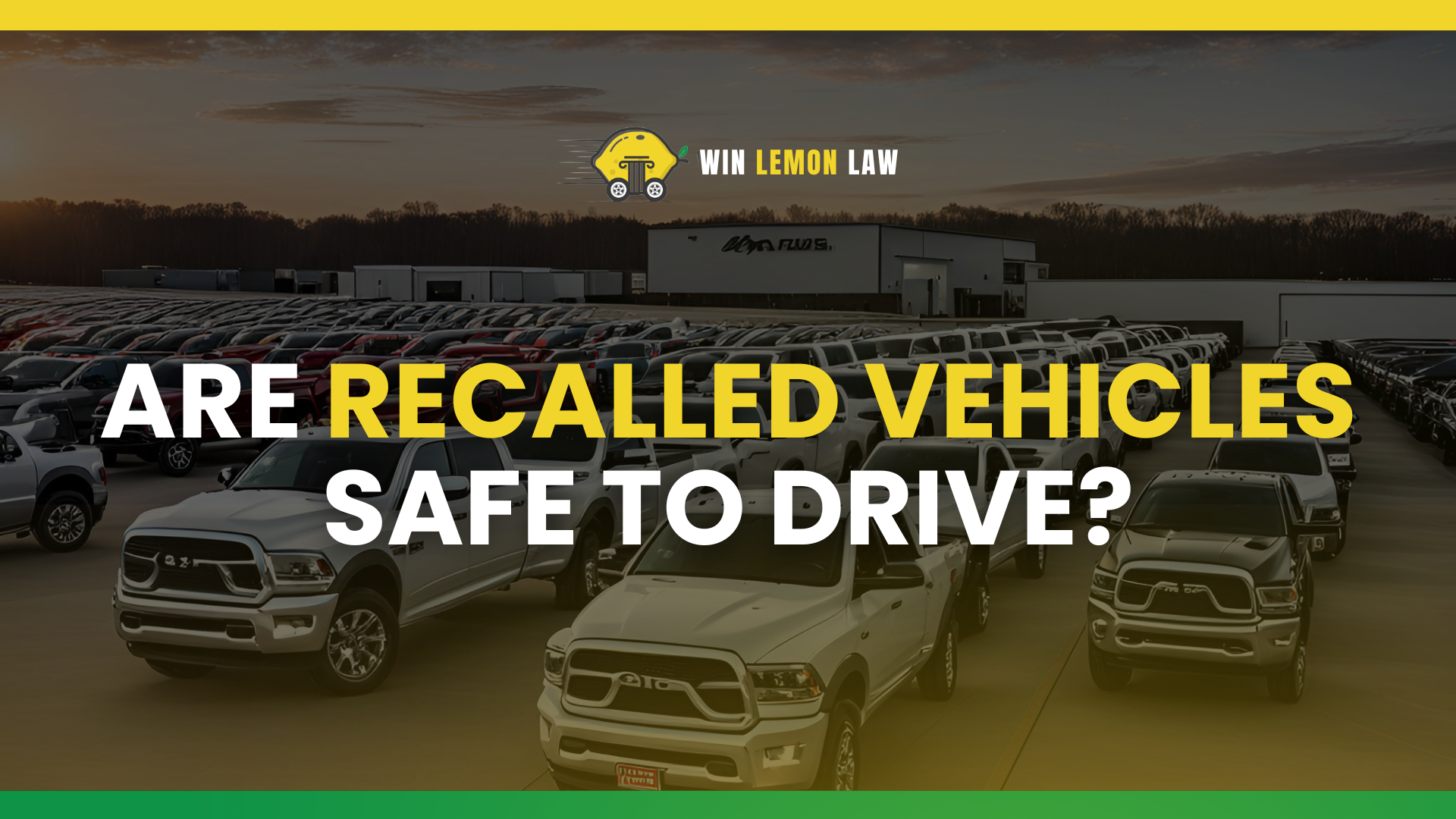In recent news, CarMax, a well-known used car retailer, has come under intense scrutiny from automotive safety advocacy groups following a lawsuit settlement involving 36 states. The lawsuit accused CarMax of misleading consumers by asserting that recalled vehicles with unresolved safety defects were “safe” to drive. This settlement, which amounted to just $1 million, has drawn sharp criticism for being insufficient and failing to adequately address the issue at hand. Advocacy groups such as the Center for Auto Safety, Consumers for Auto Reliability and Safety (CARS), and The Safety Institute have condemned the settlement, arguing that it does not do enough to protect consumers or hold CarMax fully accountable.
This controversy underscores a significant concern for anyone in the market for a used vehicle: the safety of recalled cars. When a vehicle is recalled, it typically indicates a serious safety defect that could potentially endanger drivers and passengers. While manufacturers generally offer to repair these defects free of charge, the reality is that many recalled vehicles remain unrepaired due to various reasons, including administrative errors, owner negligence, or dealership oversight.
The CarMax situation reveals a troubling gap in the regulatory framework governing the sale of used vehicles. Unlike new cars, which cannot be sold with unresolved recalls, there is no federal prohibition preventing dealerships from selling used cars that have outstanding recall issues. This lack of oversight can lead to dangerous situations where consumers unknowingly purchase vehicles with unresolved safety defects.
As consumers, it’s crucial to understand the risks associated with driving recalled but unrepaired vehicles and to take proactive steps to ensure that any used car you’re considering is indeed safe. This means going beyond the dealership’s assurances and conducting your own thorough checks and inspections.
The Risks of Recalled but Unrepaired Vehicles
When a vehicle is subject to a recall, it typically means that a defect has been identified which poses a safety risk to drivers and passengers. The manufacturer usually offers to address the issue at no cost to the vehicle owner. Despite this, many recalled vehicles remain unrepaired due to a variety of factors, each carrying its own set of risks:
- Unknown Causes
In some cases, the exact cause of the defect may be unclear, and as a result, no immediate fix is available. For example, issues such as engine failures in Ford Broncos involved recalls where the underlying problem was not well understood at the time. Without a clear solution from the manufacturer, the vehicle remains at risk of malfunctioning, potentially leading to dangerous driving conditions.
- Missed Notifications
A significant issue with recalls is that the notification might not reach the current vehicle owner. Recall notices are typically sent to the last known address associated with the vehicle’s registration. If an owner has moved or if the vehicle’s registration details are outdated, they may not receive the crucial information about the recall. Consequently, they are unaware of the need to get the vehicle repaired, leaving them exposed to the safety risks associated with the defect.
- Owner’s Choice
Even when vehicle owners are aware of a recall, they may choose not to get the repair done for various reasons. Some might delay the repair due to inconvenience or the assumption that the defect is not severe. This decision can be risky, especially if the defect directly affects vehicle safety. The potential dangers of driving with an unresolved recall could include increased risk of accidents or malfunctions.
- Dealership Negligence
Used car dealerships, unlike new car dealerships, are not legally required to repair recalled vehicles before selling them. As a result, some dealerships may sell vehicles with outstanding recalls without making the necessary repairs. This practice is particularly concerning because it can lead to situations where consumers purchase cars that are not safe to drive. The dealership’s failure to address known defects before resale can put drivers at serious risk.
- Regulatory Gaps
Federal regulations ensure that new vehicles cannot be sold with unresolved recalls, thereby protecting consumers from driving unsafe cars straight from the dealership. However, there is no equivalent restriction for used vehicles. This regulatory gap allows dealerships to sell used cars with open recalls, which can endanger drivers. Since there is no federal mandate to repair recalled used vehicles, consumers must be vigilant and proactive in ensuring that any used car they purchase is free from unresolved safety issues.
- The Implications
The risks associated with recalled but unrepaired vehicles are significant. Driving a car with an unresolved safety defect can lead to severe consequences, including accidents, injuries, or even fatalities. The situation is further complicated by the fact that many used car buyers may not be fully aware of the recall status or the potential risks involved.

How to Determine If a Car Is Safe
Purchasing a used car can be a significant investment, and ensuring that it is safe to drive is paramount. To protect yourself from buying a potentially dangerous vehicle, follow these comprehensive steps:
1. Look Up the VIN
The Vehicle Identification Number (VIN) is a unique code assigned to every vehicle, which can provide valuable information about its history. Use the VIN to:
- Check for Active Recalls
Access databases such as the National Highway Traffic Safety Administration (NHTSA) to see if the car has any outstanding recalls. This information will help you determine if the vehicle has unresolved safety issues.
- Review Accident History
The VIN can reveal any severe collisions or damage the car has sustained. A history of major accidents could indicate potential safety concerns or hidden damage.
2. Get CarFax Reports
CarFax and similar vehicle history services offer detailed reports on a car’s past. Obtain a report to:
- Review Maintenance Records
Check for any documented repairs related to recall issues. If the car had a recall but no corresponding repair, it may still pose safety risks.
- Verify Ownership and Title Status
Ensure the car has a clean title and has not been involved in activities such as flood damage or salvage. Issues like these can impact the vehicle’s safety and reliability.
3. Conduct an Independent Inspection
An independent inspection by a qualified mechanic provides an extra layer of protection. Here’s what to consider:
- Comprehensive Check
Have the mechanic perform a thorough inspection of the vehicle’s critical systems, including brakes, engine, transmission, and electrical systems.
- Verify Recall Repairs
Ensure that any recall-related repairs have been performed correctly and that the vehicle meets all safety standards.
4. Research Warranties
Understanding the warranty coverage on a used car is crucial:
- Manufacturer’s Warranty
Check if the vehicle is still under the original manufacturer’s warranty. This coverage can often be transferred to new owners and may include repairs for manufacturing defects.
- Dealership Warranty
Some dealerships offer their own warranties on used cars. Review the terms to see if it covers repairs for safety defects or manufacturing issues.
- California Specifics
In California, warranty coverage ensures that repairs for safety and manufacturing defects are done at no cost. If repairs are unsuccessful, you might have the option to file a lemon claim for a full refund.

Getting Your Used Vehicle Repaired
Warranties are essential for managing vehicle repairs, both for new and used cars. Here’s why:
Importance of Warranties
- New Cars
California law requires all new cars to be covered by a warranty for at least three years or 36,000 miles. This warranty includes coverage for safety and manufacturing defects.
- Used Cars
Used cars may not always come with a warranty. If a used car lacks a warranty, it could be a sign that the dealer is not confident in the vehicle’s quality. Be cautious and consider this factor when making your purchase decision.
Filing a Lemon Claim
If you have already bought a used car with a warranty and it proves to be defective, you might be eligible to file a lemon claim. Here’s how it works:
- Eligibility
If the vehicle has persistent issues that cannot be fixed despite multiple repair attempts, you may qualify for a lemon claim.
- Resolution
A successful lemon claim can entitle you to a full refund of the purchase price, ensuring you are not stuck with a defective vehicle.

Closing
At Win Lemon Law, we are committed to ensuring that your rights are protected and that you receive the compensation you deserve. If you suspect that your used car has unresolved safety defects or if you are considering a lemon law claim, our dedicated team of attorneys is here to provide you with expert guidance and support.
Don’t let potential safety hazards or legal complexities overwhelm you. Reach out to us today using our convenient online form or contact us directly to schedule a consultation. We will review your case, help you understand your options, and work tirelessly to secure a favorable resolution.
Your safety and peace of mind are our top priorities. Stay informed, make informed decisions, and take action to protect yourself from unsafe vehicles. With Win Lemon Law on your side, you can navigate the legal process with confidence and achieve the justice you deserve.
Contact Us Today to Get Started!

